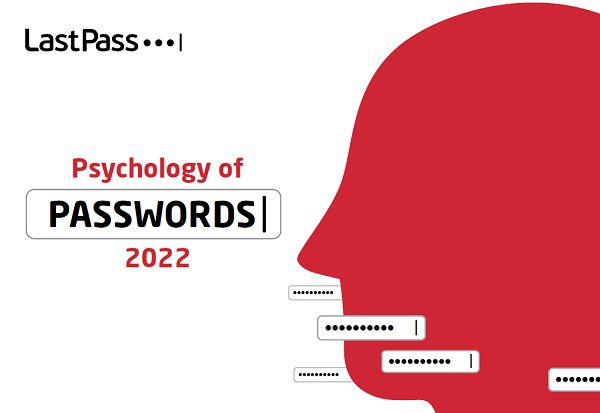In our new 2022 Psychology of Passwords report, we explore what people think they know about cybersecurity and what that means for how they choose to protect themselves online. For the first time in this annual report, we also analyze how people learn about cybersecurity topics and the generational differences in approaching digital security.
Given our proximity to and reliance upon technology in everyday life, some cybersecurity awareness inevitably filters down to the general public. In fact, 65% of people say they’ve had some cybersecurity education. Yet despite most people receiving some cybersecurity education, our report found that many (62%) are still reusing passwords. Why is that? It turns out that education and awareness might not be enough.
So, what exactly does cyber awareness look like in 2022? And for the average person, does awareness translate to meaningful action? As cyber threats continue to evolve in their nature, we found what motivates people to change their online habits, and how the different generations approach cybersecurity.
Regardless of generational differences across Boomers (born between 1946- 1964), Millennials (1981-1996), Gen X (1965-1980) and Gen Z (1997-2010), our research shows a false sense of password security runs rampant given current behaviors.


